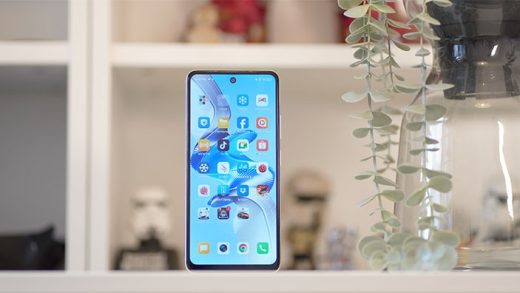I’ve been asking engineers around for reasons why ISPs around the world have been implementing bandwidth caps and got several possible scenarios to consider. Here are the top 5 most probable reasons behind the issue of bandwidth caps.
Some or all of these reasons might also be true for our local telcos/ISPs as well.

1) Subscription Mis-match. Residential subscribers using their connection beyond “residential use” (like for powering their internet cafe businesses). If you see one of those small mom’s and pop’s internet cafe that’s placed as an extension to a house, it’s highly probable they’ve used their residential line instead of getting a business subscription. (Why? Because a 2Mbps residential subscription is 50% cheaper than a 2Mbps business subscription.)
2) Over-subscription. ISPs take on more subscribers than they can actually handle. That means, if they sell you a 1Mbps connection for Php999, they might be actually allocating just 0.25Mbps to that subscriber so they can sell 3 more accounts to fit the actual 1Mbps allocation.
If ISPs didn’t allow “over-subscription” on their network, they might need to double the monthly service fees of subscribers just to hit the same annual revenue targets they currently get.
3) Abusive Users. Subscribers who are downloading files 24×7. That usage pattern can already be considered a business subscription rather than a residential subscription. The term “abusive” is debatable though. It’s the service provider that determines what “abusive” in the same way they’re the ones who defined what is “residential subscription” and “business subscription”.
NTC puts this figure at 1 – 2% of total broadband users. It might seem a bit small but that percentage is already equivalent to 30,000 to 60,000 subscribers (from an estimated 3 million broadband subscribers in the Philippines). If all of them sustained a 1Mbps download 24×7, that will use up 30-60Gbps of the whole network. Not sure if my figure is accurate but my guess is that total bandwidth available in the Philippines is in the 250Gbps to 300Gbps (half of which goes to big companies such as BPOs).
4) Mis-distribution. ISPs allocate a certain bandwidth to specific areas but oftentimes, the allocation to those areas do not match the cumulative usage of subscribers there. Hence, there will be areas where internet speeds are better than others.
5) Increase Subscriber Capacity. This is actually similar to over-subscription but the short explanation here would be — if the ISPs can just clamp down on the 1 – 2% of those abusive users from hogging the network, they can probably increase their subscriber capacity by an additional 10 – 20% more of their existing user base.
I believe the issue stemmed from a combination of several points raised above — I’d point the finger on over-subscription first then the network hoggers.
The article on bandwidth caps from Wikipedia mentions:
Many broadband Internet Service Providers in North America and Europe introduced bandwidth caps in the early 21st century. The same practice has been in place in Australia, New Zealand, Malaysia and South Africa since the release of broadband. NTT Communications in Japan imposes a 30GB/day upload cap with a warning for a first violation and disconnection for repeat offenders.
Remember that ISPs have already implemented the caps years ago, even before NTC made this draft memorandum. Just go over your Service Order Agreement with your ISP and there will be a section there that covers P2P throughput and month bandwidth caps (here’s a sample contract for Globe Broadband).
I strongly believe in the Free Market Economy — that the service provider that offers the best service will always get the most customers; that healthy competition will allow the market to stabilize and result to cheaper prices and/or better service (I used to pay Php1,995 for a 384Kbps connection; now it’s Php1,995 for 2Mbps — not a huge improvement but an improvement nonetheless) making the customers the ultimate winner.
Subscribers just need to be vigilant and I think what should be removed from the contracts is the lock-in period — that if you’re not satisfied with their service, you can just request for dis-connection anytime and switch providers immediately.

































Please let me know if you’re looking for a
article writer for your weblog. You have some really good articles
and I think I would be a good asset. If you ever want to take some of the load off,
I’d love to write some articles for your blog in exchange for a link back to mine.
Please shoot me an email if interested. Kudos!